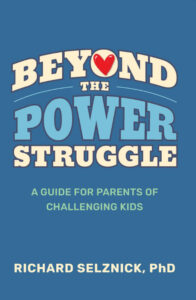A number of years ago – time does fly by – I was the host of a podcast show that was a part of The Coffee Klatch Network, Special Needs Talk Radio. In that role, I had the honor of interviewing some of the top names in the field.
I thought it would be fun to revisit the interviews and break out some of the ones that have held up in terms of the content discussed. (The interviews are pretty short, typically about 30 minutes.)
This interview is with Betty Osman, author of “No One to Play With: The Social Side of Learning Disabilities” i
Here’s the link: Podcast Interview: Betty B. Osman
Hope you enjoy. Would love your feedback if you would like more of these.
Feel free to make comment below.
To receive future blog posts, register your email: https://shutdownlearner.com.
To Contact Dr. Richard Selznick for advice, consultation or other information, email: shutdownlearner1@gmail.com.

 Copyright, Richard Selznick, Ph.D. 2023, www.shutdownlearner.com.
Copyright, Richard Selznick, Ph.D. 2023, www.shutdownlearner.com.

 Those of you following this blog for some time know there are some recurring themes in these posts (that mostly irritate me).
Those of you following this blog for some time know there are some recurring themes in these posts (that mostly irritate me). Most of you understand the concept of standard error of measurement (SEM).
Most of you understand the concept of standard error of measurement (SEM). More and more, parents tell me that their children never get homework.
More and more, parents tell me that their children never get homework.